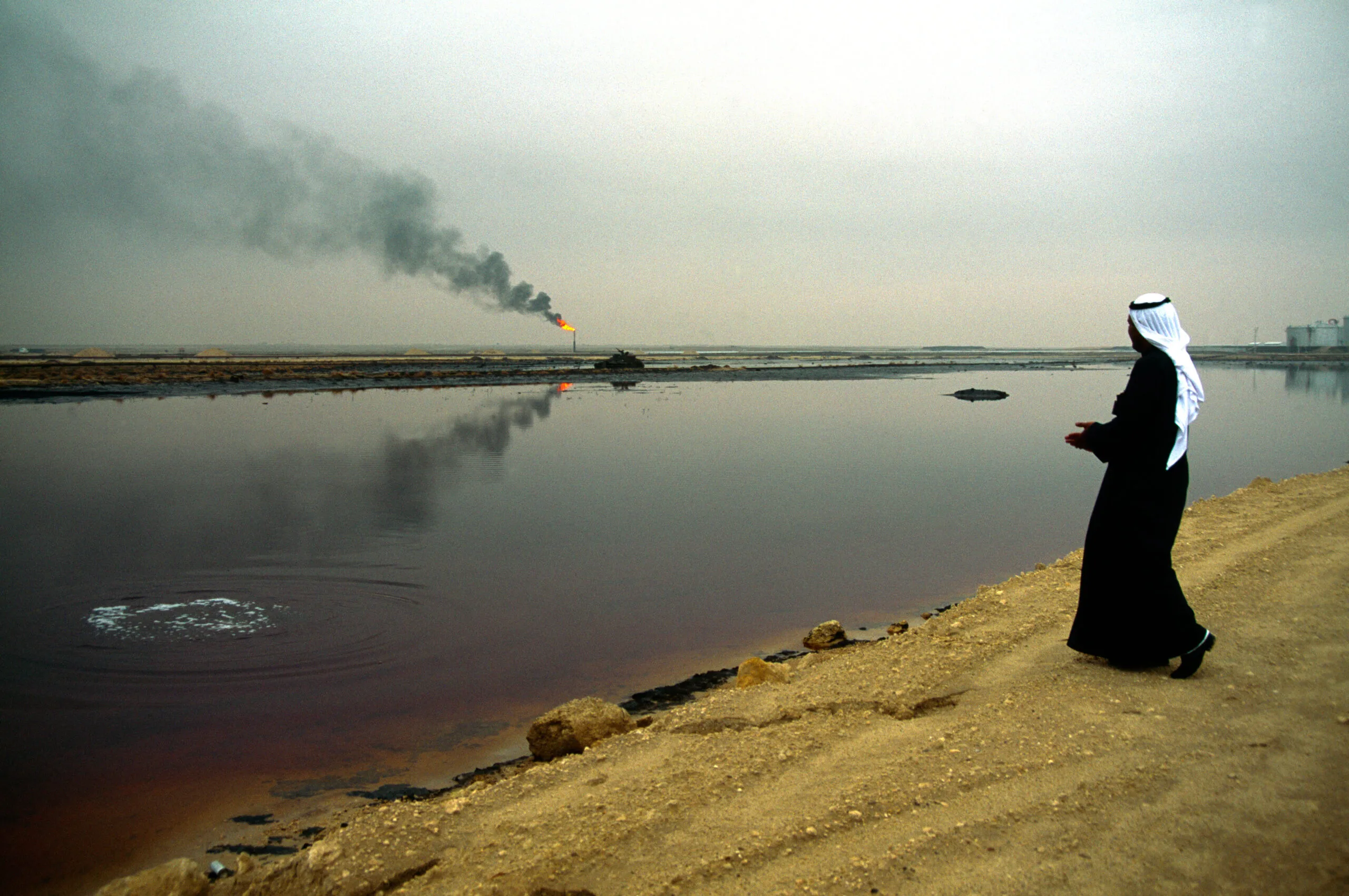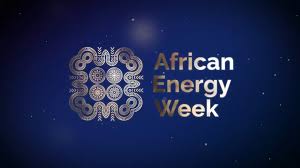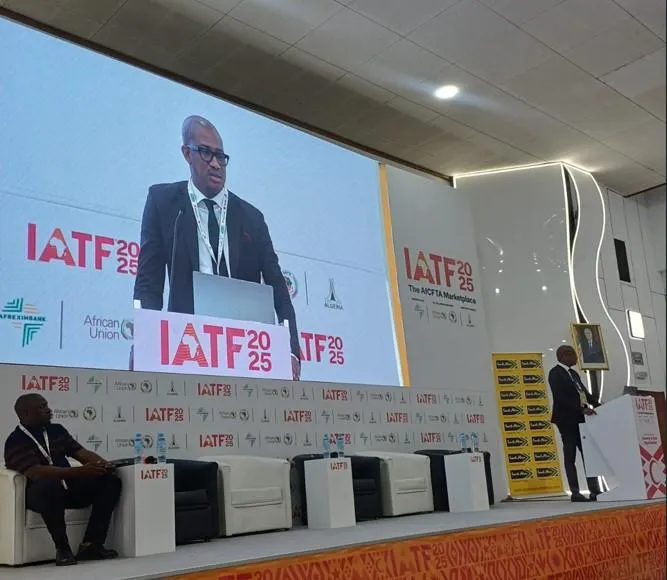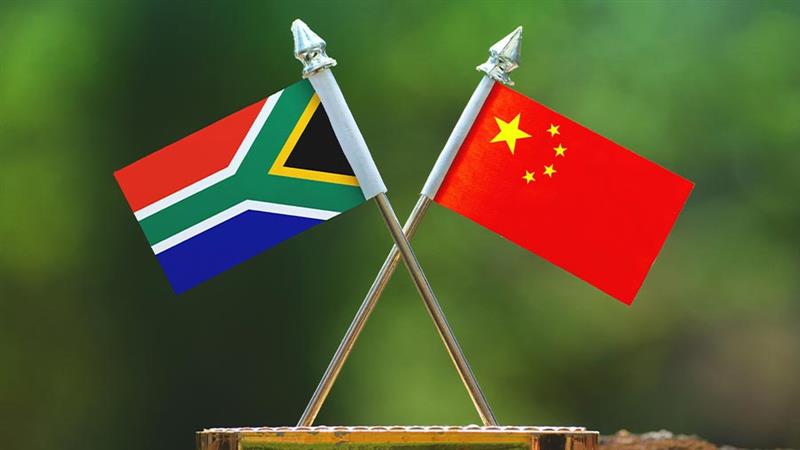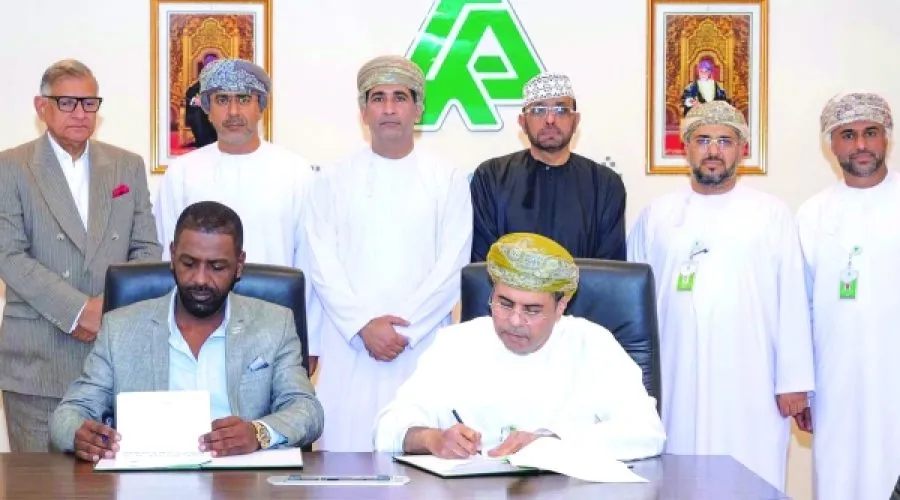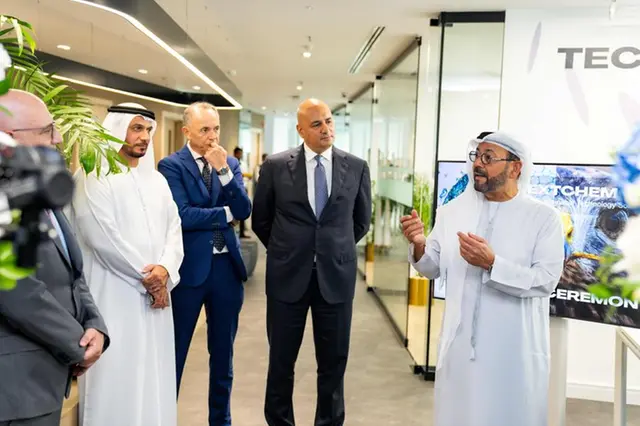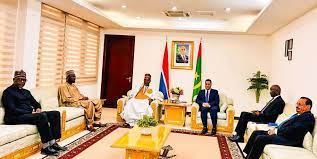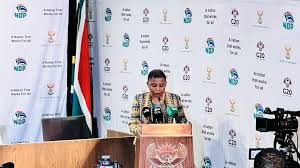Energy Other

Ghanaian students win top honours in IAEA’s Female Nuclear Competition
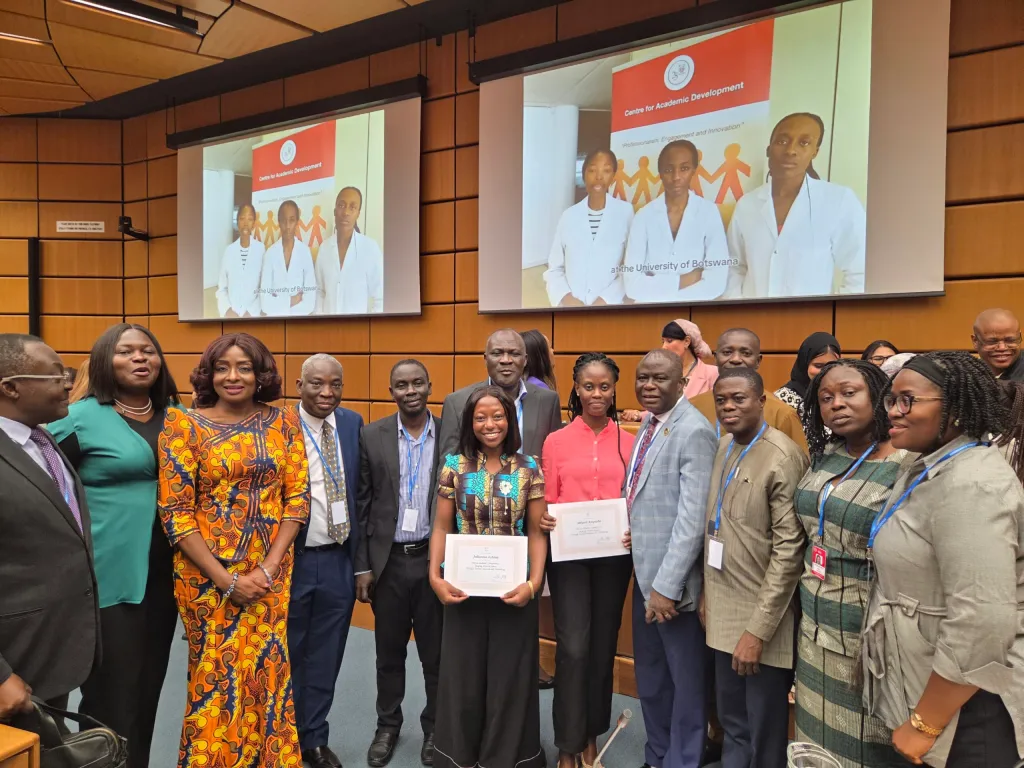
By: Ghana broadcasting corporation
Three female students from the University of Ghana’s Graduate School of Nuclear and Allied Sciences make Ghana proud by winning the GC69 Female Nuclear Competition organized by the International Atomic Energy Agency (IAEA).
Achiaa Adusei Juliana, Abigail Ampadu, and Benita Amoah Dadzie emerge victorious among 17 female participants selected from across the continent, aged between 18 and 27.
Their winning presentation, titled “Plastic Waste Management: Sustainable Recycling of Plastics, Role of Women in Socioeconomic Development, and Nuclear Technology,” impresses judges with its innovative approach to solving Africa’s development challenges.
The competition focuses on thematic areas including Rays of Hope, Atoms for Food, Zodiac, and NUTEC Plastics, showcasing cutting-edge applications of nuclear technology.
At the award ceremony, held on the sidelines of the IAEA General Conference in Vienna, Ghana’s Ambassador to Vienna, Matilda Aku Alomatu Osei-Agyeman, proposes a new initiative aimed at promoting African women and youth in nuclear energy.
Mrs Osei-Agyeman says the African Women and Youth in Leadership Accelerator Initiative will leverage the IAEA’s Marie Sklodowska-Curie Fellowship Programme to double female enrolment in advanced nuclear training within three years.
“The initiative can be anchored within the AFA’s framework and implemented through the IAEA, the African Union, and national institutions. It will create structured mentorship chains linking students and career professionals with female scientists, provide executive training and policy engagement for women, and prepare them for senior roles in nuclear governance and innovation,” she explains.
Kenya’s Ambassador to Austria and Permanent Representative to the IAEA, Morris Makololo, congratulates the winners but emphasises the need for sustainability.
“The challenge that must accompany our celebration is how we make this sustainable. The question, therefore, is how do we build our young scientists, especially female scientists, to meet Africa’s huge needs,” he says.
In an interview with Energy News in Vienna, the Ghanaian students encourage young women to explore nuclear science, highlighting the vast opportunities in the field.
One of the winners, Julianna Achia Adusei, says:
“We choose the NUTEC Plastics initiative by the IAEA and consider how it aligns with the SDGs. Our solution is designed to be practical and implementable, not just theoretical.”
Another winner, Abigail Ampadu, encourages “all female colleagues across the world to venture into science, technology, and nuclear fields.”
As winners, the students gain access to exclusive events at the IAEA General Conference, visit IAEA laboratories in Seibersdorf, and participate in a mentorship programme with Women in Nuclear (WiN) Global mentors.
The IAEA’s Marie Sklodowska-Curie Fellowship Programme also aims to increase women’s participation in nuclear energy through research, education, and technology transfer. This initiative supports an inclusive workforce that drives global scientific innovation. With such programmes, the future of nuclear science looks bright, especially for African women.



